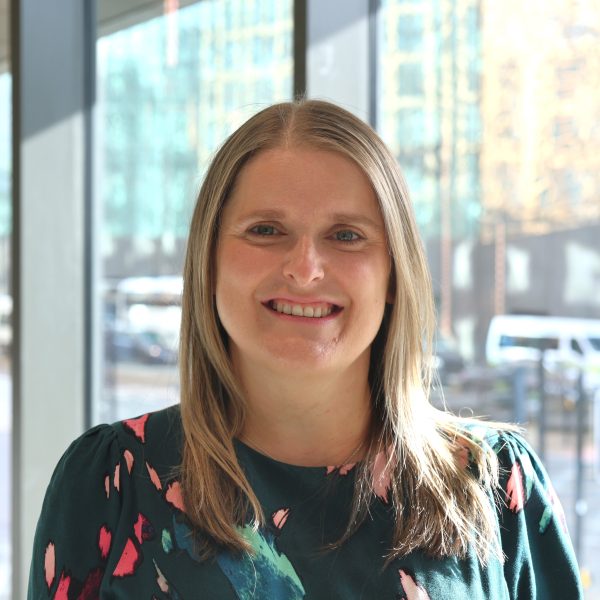Being Pick Everard
INWED 2022 Spotlight: Emelye Kenyon
22 Jun 2022

Emelye Kenyon
Director
To celebrate the annual International Women in Engineering Day, we are putting a spotlight on some of the inspiring women here at Pick Everard. Today, we’ve been talking to our passionate associate, Emelye Kenyon, about what being in engineering means to her, and how the future generations should be inspired to follow in her footsteps.
What is your role at Pick Everard?
I am an associate, responsible for managing the environmental engineering team which we are trying to establish as an emerging discipline by 2023. I manage a quickly growing team, currently made up of seven people, working on small and large projects across the country. Our offering includes site investigation and consultancy for contaminated land, geotechnical engineering and flooding, as well as supply chain engagement on other specialist environmental services such as waste, ecology and air quality.
What inspired you to specialise in environmental engineering?
Like many, I started my degree in geology without really knowing where it would take me. All I knew was that I might end up working with volcanoes.
However, during a careers fair I attended halfway through my course, I became aware of how big the environmental sector is within the construction industry, and how my degree would enable me to move into this industry. From there, I selected the relevant modules to pursue this and found the module on contaminated land particularly interesting.
I soon realised how important the role of contaminated land is in the redevelopment and ‘greening-up’ of Britain’s industrial past. Not to mention the importance of developing sites safely to ensure we are not putting lives at risk of encountering severe contamination.
Have you faced any particular challenges during your career as a woman in engineering?
I feel lucky that throughout my career I have never felt alone as a woman in engineering as in my specialism there is a reasonably good demographic. Fortunately, I have not encountered significant hurdles from employers either.
However, particularly when I was younger, I found site managers and clients were surprised when I arrived on site to manage investigations, because I am both small and female. I have generally found this to be a great conversation starter instead of a hurdle, but I did discover that many sites in my early days did not cater for women in relation to site welfare. It was common for men to use women’s facilities and I had to wait for them to be cleaned.
What positive changes have you seen in the industry during your career?
I have noticed that being a woman on construction sites is becoming more common, and the office environment is also more balanced. While some men are still surprised to see a woman doing my job, this is rarely viewed negatively and instead acts as a driver to understand how I came to do what I do.
I have also learned that my female graduates and junior colleagues have had less issues on site in recent times. For example, the industry now caters better for women, with more bespoke PPE available.
What does International Women in Engineering Day mean to you?
It is an important day to recognise why women working in engineering should be normal, and not thought of as an unusual sight. It is important to ensure the next generation of school graduates realise that not only are there careers for women in engineering, but that these careers can be a positive experience and change gender stereotyping in the workplace as a whole.
The gender balance in the industry is not yet equal. However, it is no longer dominated by men, and I believe greater awareness will further help that.
What more needs to be done to make engineering accessible for women?
This needs to start with schools and an increased drive in STEM subjects. The career I have had has been rewarding and fulfilling, and no different than if I were a man. If we can educate the next generation that this is what engineering offers, they are better placed to decide for themselves.
What is your best piece of advice for young women wanting to pursue a career in engineering?
Go for it. Don’t be afraid that you will be alone as you won’t be. It’s not always clean, it’s not always office based, and it certainly isn’t always dry. However, it is rewarding and fulfilling seeing a project that you worked on complete and in operation, knowing that you were a part of it.
What is your hope for the future of engineering?
A drive for construction to be more environmentally friendly, to better protect the future of our planet. For example, regeneration of old, disused, and historic industrial land being a priority over building on fresh greenfield sites.